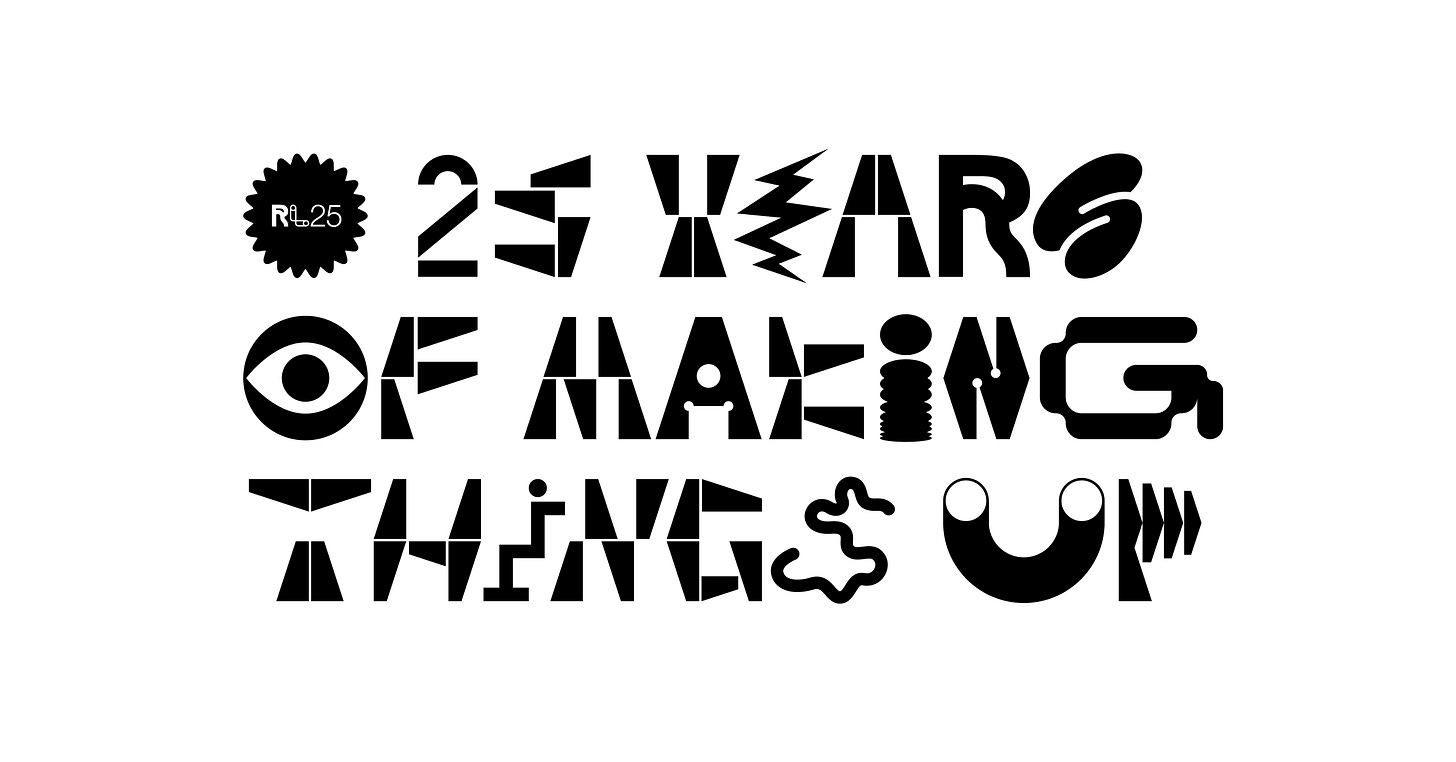Introduction
Strategists tend to come across as very confident in meetings. They are expected to bring clarity, direction and conviction to the table even when the path ahead is uncertain - so why would they appear anything other than confident? But for anyone trying to stake their claim as a strategist this can be tough - Imposter Syndrome is only natural, lurking just beneath the surface.
Unlike jobs where success can be measured in simple metrics or simpler ‘success’ outcomes, strategic work has one foot firmly placed in the subjective realm. It’s about finding patterns, uncovering possibilities and guiding others toward better decisions. And when the work is generally about fuzzy truths, insights, interpretations and second hand reports, it’s easy to wonder whether you’re really “doing it right”.
If you’ve ever felt that tension, you’re not alone. In fact, feeling it might just be a sign that you care about producing high quality work.
Why Strategy Work Breeds Imposter Syndrome
Strategy lives in the future - it’s about setting direction, making bets and proposing ways of doing things that haven’t been (and can’t be) fully tested. That kind of work demands intuition and imagination as much as it demands rigour, and when intuition is involved, doubt is never far behind.
The truth is, strategy shares a lot with creative work: it’s part science, part art. You can hone your skills, apply frameworks and build methodologies, but there will always be moments where you’re relying on judgement, experience and your ability to join the dots in a new way.
Naturally this can lead to doubt in your own skills, and when all other strategists around you seem to have won the confidence lottery then the doubt can double down.
This is how it was for me earlier in my journey. I saw other strategists doing things very confidently in ways that didn’t quite make sense to me, and so I assumed it was because I didn’t understand as well as they did. I hadn’t even considered that it might simply be that my style is different to theirs. For a long time I would be doing strategic work but playing down my role, not labelling it or being a key person in proposals made to clients.
Building Confidence Without Needing Certainty
One of the biggest shifts in my own journey was realising that good strategy work isn’t about landing on the perfect answer right away, it’s about helping teams and stakeholders move together. Early on, I thought my job was to arrive at the ‘right’ solution quickly. But over time, I learned that the real work is getting everyone facing the same way and guiding the thinking as it evolves.
Strategy isn’t a solo act of brilliance; it’s a collaborative process of pattern-spotting, refining and co-owning ideas. Your role is to create clarity where there’s noise, but also to hold space for discovery — to help a team stay aligned even as the solution emerges. Being ‘right’ is pointless if you haven’t been able to convince anyone else, particularly those who need to act on the findings, of why it is right.
Once I started thinking about the work this way, I became less obsessed with certainty and more focused on momentum. You’re not just finding answers, you’re helping others feel ownership of them too.
Building My Own Framework
One of the issues I had early on was not ‘getting’ the frameworks that I was seeing - brand houses, pyramids and other set pieces for brand strategy. I decided to take a leap and build a framework based on how I understand the world, and the part I think brands have to play.
I built a framework that seeks to draw deep parallels between brands and the human condition. I believe that if brands can be given a kind of pseudo-consciousness then they will inevitably act in a way that is beneficial to people and the world at large - I decided that brands need a soul. This thinking was an amalgamation of my own thinking over the years, my observations of the evolution of culture and conversations with other people around me whose opinions I deeply respect.
I worked on this in the background for a while and when the pandemic hit, and it was all or nothing, I threw away any fears I had and just went for it. I’ve been continuing to develop the framework since then and am enjoying the positive responses from people I work with.
But my intention here isn’t to try to tell you that I’m great, the point is that when it comes to strategy, if its where your heart is then you don’t need to sit in the background amongst other ‘confident’ strategists. You also don’t have to ‘do strategy’ in the same way as everyone else, you can build your own strategic methods and frameworks to express how you see the world. There really isn’t a fixed answer, and if culture continues to evolve at the speed it is today, then future brands will need different frameworks to those that make brands successful today.
Conclusion
Imposter syndrome often shows up at the edges of growth, not because you’re failing, but because you’re stretching into new territory. The best strategists I know are still learning, still questioning, still refining their perspective
“The only true wisdom is in knowing you know nothing.”, Socrates.
If you’re feeling the tension I’ve described here, you’re not alone. I’m happy to offer my time - if you’d like to talk, just get in touch. Sometimes, a short conversation can help you find the confidence that’s already there.
Written by Russell







